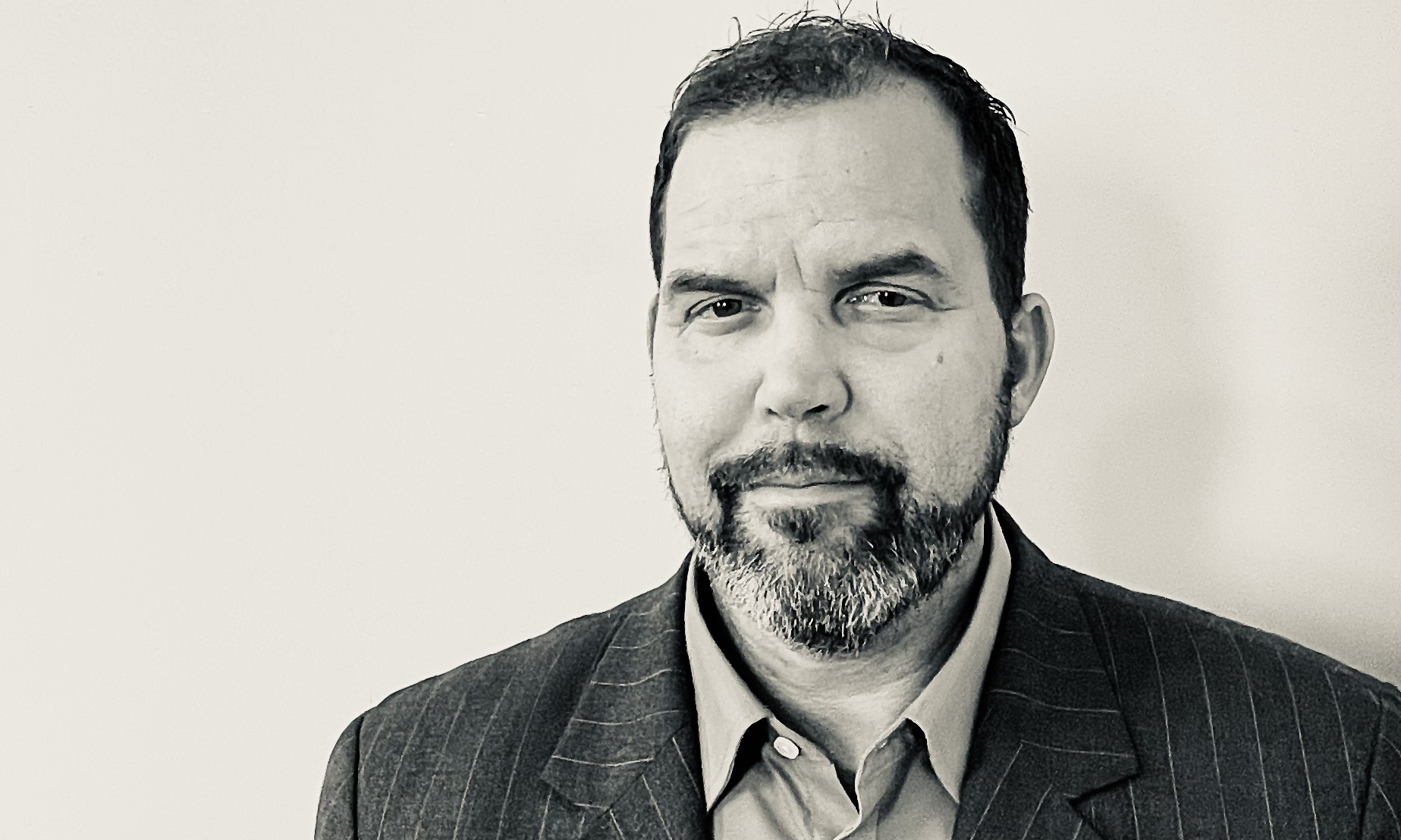(Originally Published at Georgetown Journal of International Affairs on December 8, 2014)
On November 24, U.S. President Barack Obama and Secretary of Defense Chuck Hagel announced the latter’s resignation as secretary. National media have stressed that Hagel served “less than two years in the job” (according to the Washington Post, which the New York Times changed to “on the job”). The point of this is to emphasize that, as TIME put it, Hagel is in “retreat” from a “Pentagon under fire.”
But Hagel has, in fact, served longer than Obama’s first SecDef, Leon Panetta. And even Robert Gates, Panetta’s predecessor originally nominated by President Bush, only enjoyed a two-and-a-half-year tenure under the current administration. Thus, Hagel’s time in office is actually about average for Obama. To be sure, the norm for this administration’s Defense Secretaries is markedly truncated when compared to recent U.S. administrations. (See this handy chart.) Part of the reason for this is that Donald Rumsfeld, who ceded the job to Gates in 2006, happens to be the second-longest serving Department of Defense head in history—just ten days more and he would have been the longest. Given this recent history, the two-year average under Obama comes off as particularly stark. But the media’s crude emphasis on term length is not just misleading—it also misses the point entirely.
What is most telling about this case is not the seemingly abridged nature of Hagel’s term. It is, instead, the administration’s relative openness about the reasons for his departure. Indeed, neither Hagel nor the White House has really challenged the narrative that Hagel is resigning—or perhaps was pushed out—because of insurmountable disagreements with the Obama administration’s current policies in Iraq, Syria, and Afghanistan. What has changed, fundamentally, is not Hagel’s stance but rather that of the administration. Hagel initially befriended Obama in the Senate, where they were united in their opposition to the Iraq War. The former secretary then came to the Pentagon with the intention of winding down the war in Afghanistan. As he leaves his post, however, the Obama administration is deploying 3,000 U.S. troops back to Iraq, and just negotiated a deal to let the 10,000 troops remaining in Afghanistan conduct combat operations for the foreseeable future. In the administration’s view, the ongoing Syrian Civil War and the rise of ISIS have birthed a new security environment, constituting a revised stance from U.S. policymakers. Given this new dynamic, both the president and the former secretary seem to be in agreement that Hagel is no longer suited for a top leadership position. Yet the fact that they were able to make that decision in a way that largely avoided scandal is a testament to both men’s professionalism.
Focusing on the timescale of Hagel’s tenure and the new security moment that has resulted in his departure also undercuts his other noteworthy achievements. Besides Afghanistan, Hagel’s top priority while in office was to get the defense community—accustomed as it was to bloated, no-questions-asked budgets—to accept the sequester cuts put in place back in 2011. He has done that job well, even managing to push through the biggest force reduction since the “peace dividend”of the 1990s. As part of this effort, Hagel has also been especially successful in getting both the Army and Marines to reduce their current active-duty troop strength, the latter force to its smallest numbers since the Second World War. In fact, only President Dwight Eisenhower, the best-known Army officer of his day, was as successful at cutting infantry in response to a changing security environment. Although they initially put up a fight, the two services eventually did the mature thing and placed their individual service interests behind those of the country as a whole.
Credit for facilitating that compromise goes largely to Hagel, who was able to get the Joint Chiefs to support cutting the Army to its smallest size since World War II. Their support was the critical variable in avoiding a long, vicious fight with Congress and the cumbersome military bureaucracy. Also key were Hagel’s connections in Congress and his time served as an infantryman in Vietnam, which afforded him a measure of protection from charges that he was anti-Army or anti-Marine.
Hagel did his work quietly for Washington, which, frankly, was part of what endeared him to Obama, another politician who has earned a reputation for even-tempered composure (perhaps even to a fault). But this demeanor was also, evidently, what prevented Hagel from ever fitting in with Obama’s less demure national security staff. The former secretary’s more laidback approach to meetings caused him to lose policy debates during key instances in which decisions began to solidify. He reportedly preferred to let these critical moments pass in order to instead wait for a private word with the president. But it is ultimately White House staff that frames the President’s choices—and once that frame is set, it is unlikely that later meetings will change the course of a decision.
It would seem that, on ISIS and Afghanistan at least, Hagel lost these crucial framing debates. Given the increasing discord between his own conception of those conflicts and the president’s, both men appear to have reached the same conclusion. On Friday, the president nominated former Deputy Secretary of Defense Ashton Carter to replace Hagel. Carter will likely be a war secretary, executing the fights against ISIS and the Taliban in a way that his predecessor never could. But while Hagel may have lost out, the way both he and President Obama have succeeded in putting country over career should be a model for future leaders.
